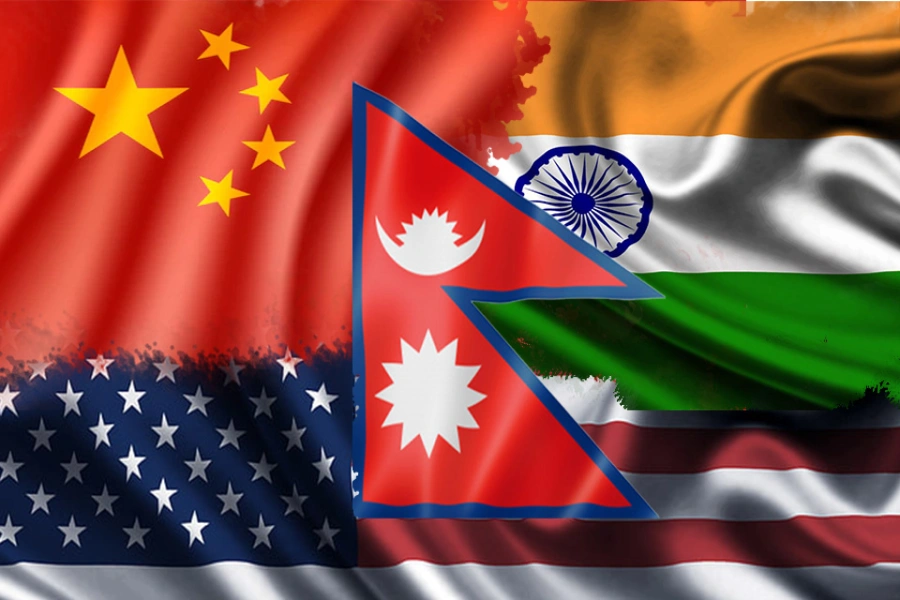KATHMANDU, Feb 23: The Election Commission has announced March 13 as the date for electing the third president of the Republic. Though the term of the president is five years, the election for the post is being held after two and half years as the country is implementing full federalism and ending the transitional period.
A meeting of officials of the EC held on Thursday fixed the election date following consultations with the government and the political parties. The decision of the EC comes as per the Election of President and Vice President Act with its mandatory provision for electing the new president within a month of the final election results for parliament and the provincial assemblies.
As for the election schedule, the EC has fixed March 7 for the nomination of candidates. The polling is on March 13, from 10 am till 3 pm. The vote counting will begin from 4 pm the same day. Polling centers for the election are expected to be the premises of parliament in Kathmandu and the provincial assemblies in the seven provinces.
Office of Election Officer established for upcoming election of...

A candidate must receive a majority of the 884 voters--334 votes of parliament members and 550 of provincial assembly members-- to get elect to the post. If none of the candidates receives a majority of the total vote, the EC will hold a runoff election between the top two candidates. If the two candidates end up getting an equal number of votes, the winner will be decided through a drawing of lots.
The date for the election of the vice president will be decided within a week after the president is elected.
The elections of the president and vice president will be held on separate dates in a bid to ensure the representation of different communities and genders in the top two state posts.
According to election law, any individual who is above the age of 45 years and a citizen of Nepal by descent can contest the election after mustering at least five parliamentary or provincial assembly members to propose his or her candidacy and another five to second it.
Voting weight to be varied
However, the voting weights for the votes of members of parliament and members of provincial assemblies will differ. The votes of the 334 members of parliament (275 in the House of Representatives and 59 in the National Assembly) will have a weight of 79 while the 550 members of the seven provincial assemblies will have a weight of 48 for the purpose of electing the president and vice president.
The weight of 48 is arrived at by dividing the total population of the country (26.49 million as per the 2011 census) by the total number of provincial assembly members (550).
One vote from a member of parliament will have the same weight as 1.64 votes of provincial assembly members. The vote of a parliamentary member will be multiplied by its weight number, i. e. 79, while counting the vote. In the same way, a vote of a provincial assembly member will be multiplied by its weight number, i. e. 48. The total vote of the 334 members of parliament will be counted as 36,386 and that of the 550 provincial assembly members as 26,400.






































